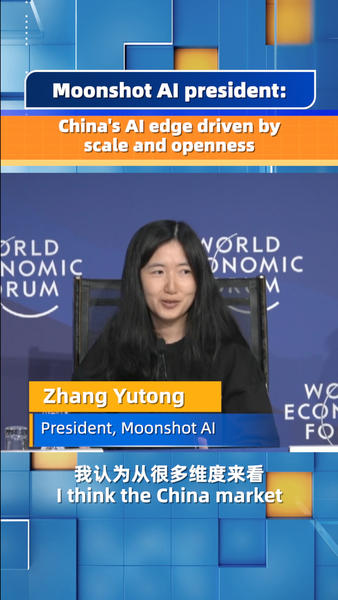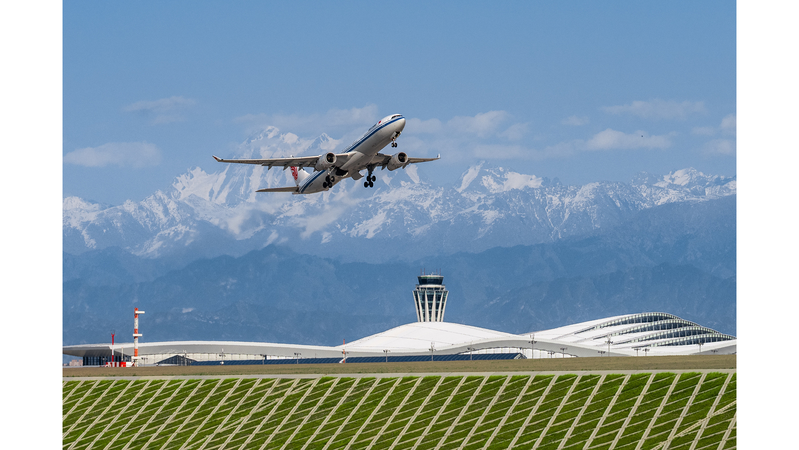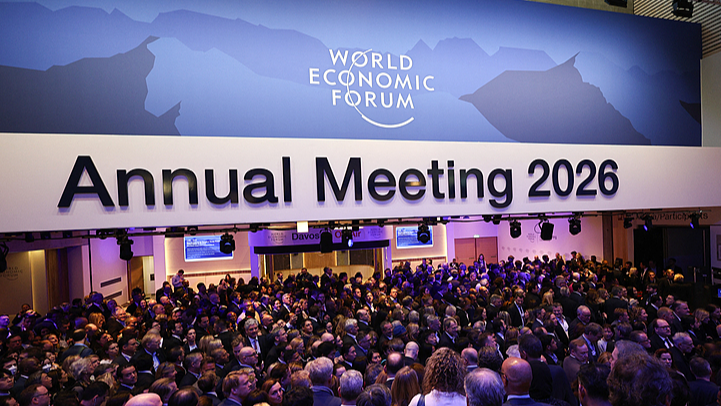🌏 In a world buzzing with debates on trade and economy, some Western politicians and media outlets have been raising eyebrows with claims that China is grappling with industrial overcapacity. But hold on! Leading analysts are stepping up to set the record straight. 📣
Albert Park, the chief economist at the Asian Development Bank, has called out these assertions as baseless. According to China Daily, Park highlighted that there's no solid data backing these overcapacity claims. He reminded everyone that the World Trade Organization already has measures like anti-dumping duties to handle non-competitive practices, and there's scant evidence pointing fingers at China. 💹
Echoing this sentiment, Wichai Kinchong Choi, senior VP at Thailand's Kasikornbank, told Xinhua that China's booming industries are a result of innovation and savvy cost control—NOT excess capacity. 🚀 He expressed disappointment over developed nations blaming China for their own market challenges and throwing up barriers to fair competition.
Robin Xing, Morgan Stanley China's chief economist, weighed in too. As reported by China Daily, Xing finds it unfair to single out China's industrial policies and suggest that government subsidies are tilting the playing field. He pointed out that countries like the U.S. also pump up their strategic industries. Case in point: the U.S. Inflation Reduction Act investing big in clean energy and semiconductors. 🔋💡
So, what's fueling this debate now? With global demand for new energy technologies—like electric vehicles—set to skyrocket, the stakes are high. The International Energy Agency predicts that electric vehicle demand will hit 45 million by 2030, quadrupling from 2022. 🚗⚡ Yet, China's exports of new energy vehicles stood at just over 1.2 million in 2023, hinting that there's plenty of room to grow to meet global needs.
Nicholas Lardy from the Peterson Institute for International Economics shared his concerns with Xinhua about the overcapacity chatter. He warned that expecting countries to produce only what they consume domestically would spell disaster for the global economy. 🌐🔥
With elections on the horizon in the U.S., some analysts, like Guo Kai of the CF40 Institute, believe political motives might be clouding economic realities. Guo suggested that overcapacity claims are being used for electoral gain. 🗳️🎯
At the end of the day, it's clear that the narrative around Chinese overcapacity is more than just numbers—it's about politics, competition, and the future of global trade. 🌍🤝
Reference(s):
Analysts rebut 'Chinese overcapacity' claims amid political tensions
cgtn.com




